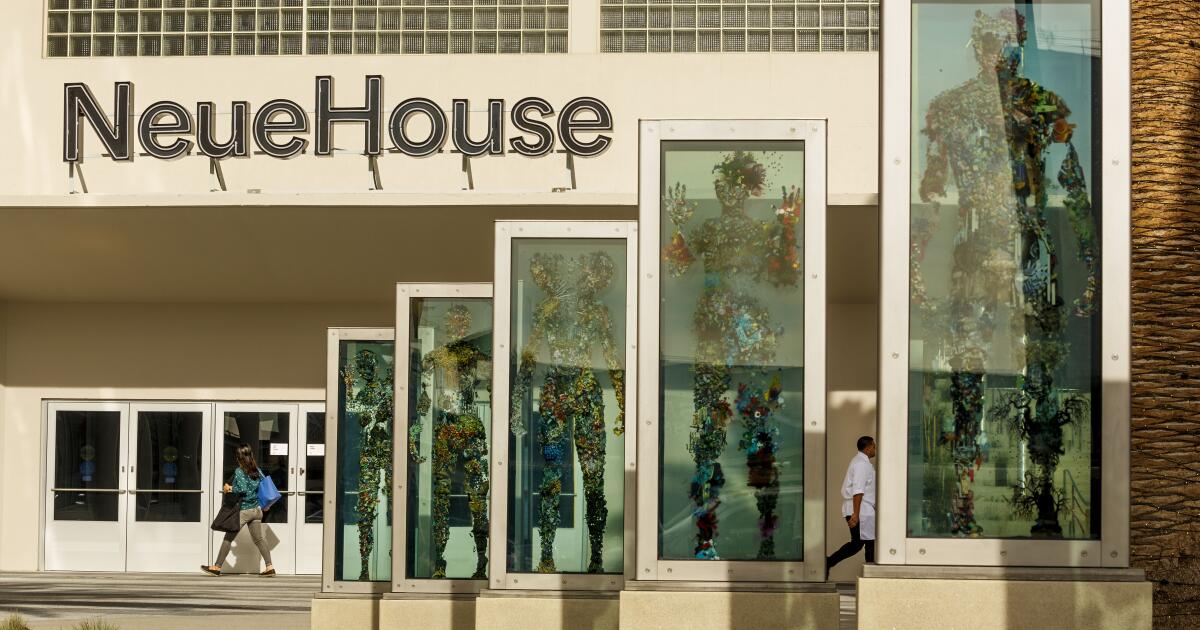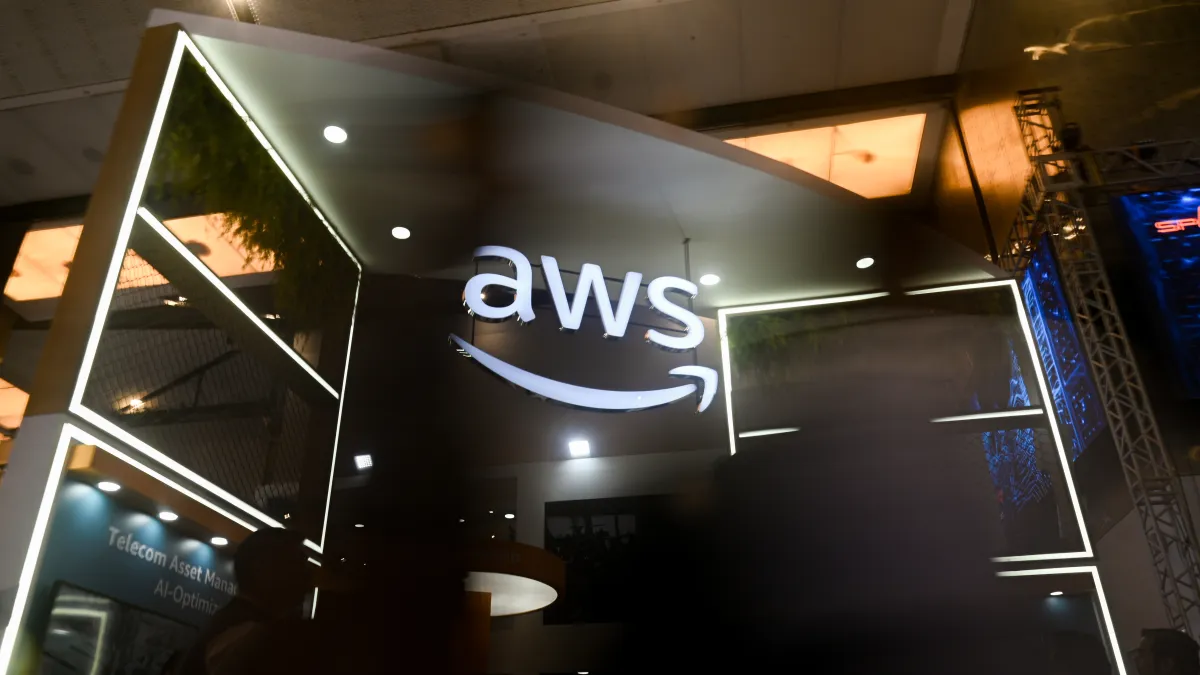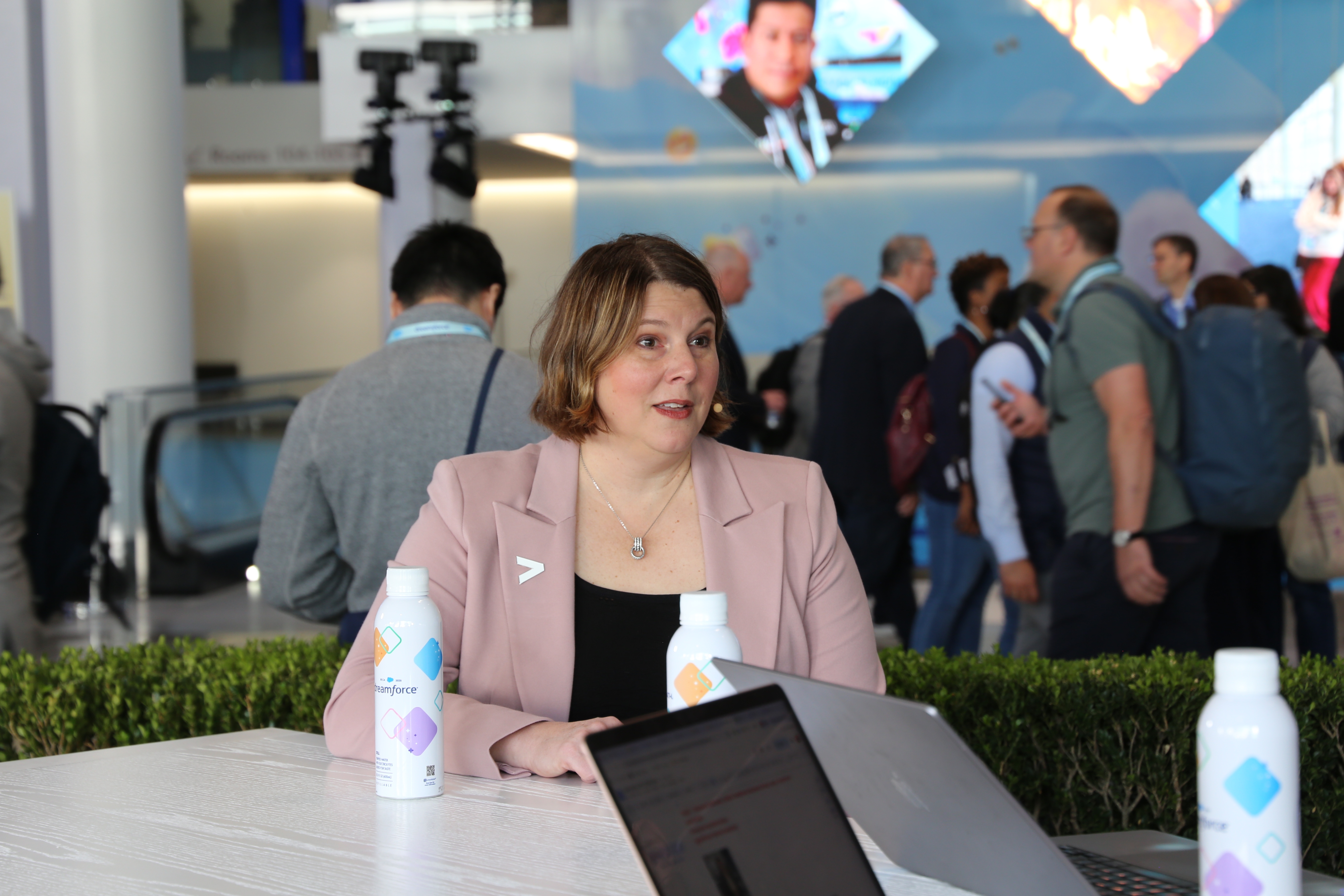Copyright Los Angeles Times

When NeueHouse, the swanky members-only, co-working space debuted in Hollywood in the fall of 2015, two years after the brand launched its buzzy New York flagship, it arrived steeped in show business history and a wait list to get in. The private club occupied the site of the fabled former CBS Studios on Sunset Blvd. that once hosted the radio shows of Orson Welles and was where the pilot of “I Love Lucy” was shot. The Sunset Boulevard location was the first of three impeccably hip spaces to unfurl across Los Angeles and it quickly became the nexus point for entertainment, media, art and technology, drawing members from the ranks of the city’s screenwriters, producers and filmmakers. The Hollywood outpost became the scene of celebrity-filled parties, movie premieres, art exhibitions and concerts. It was a fledgling empire of cool with ambitious plans to circle the globe. Then reality hit. NeueHouse announced last month it was closing and filed for Chapter 7 bankruptcy. “Although NeueHouse has created an extremely valuable business that is prized by members and event hosts, unfortunately, it has been burdened by legacy liabilities. Despite our best efforts to find a sustainable path forward — including exploring every possible solution to address these challenges — we have made the very difficult decision to wind down the business and close NeueHouse,” the company said in a letter to its members. What went wrong? Like other businesses, NeueHouse was hard hit by the pandemic, the dueling Hollywood labor strikes and the L.A. wildfires in January. But NeueHouse was ultimately undone by problems of its own making, according to Times interviews with former employees, executives and members as well as a review of internal financial documents. Even before the Hollywood unveiling, the venture was saddled with huge operating costs including expensive leases, according to former executives. Within a few years of opening, investors sidelined its visionary co-founders and a few rounds of new top managers were installed, but NeueHouse was soon running out of cash and a new owner with a new vision acquired the company. “There were just some basic fundamental flaws to NeueHouse,” said a former executive, who asked for anonymity in order to speak candidly. “I think they had huge aspirations to be in many places. Yet, the business had never really been set up to succeed. It is a tragic story of mismanagement.” A different kind of workspace A pair of tech entrepreneurs — Joshua Abram and Alan Murray — launched NeueHouse in 2011 in New York City, along with James O’Reilly, who had a background in business and hospitality. “Alan and I thought it was an interesting time to rethink what would be the ideal experience for people running or starting firms in the creative industries globally,” Abram told the style magazine Mr. Porter when the Hollywood spot opened. Collaborative workspaces were on the rise; entrepreneurs and companies were capitalizing on the trend while investors were throwing money into the space. WeWork led the frenzy until its disastrous implosion in 2019. NeueHouse’s partners put a new spin on the prosaic idea of a shared workspace. They catered to an affluent, international membership, primarily designed for creatives and innovators. It was like an ongoing cocktail party that had the velvet-rope privacy of a SoHo House, the exclusivity of the Jonathan Club and the utility of WeWork, but the hip frisson of Art Basel and Sundance. They were the “Concorde of the workplace world,” was how Jamie Hodari, the CEO of shared working space company Industrious and CEO of CBRE’s building operations and experience, once described the business in a social media post. Membership costs listed on the NeueHouse website before it closed ranged from $3,600 for an individual annually, to $8,000 a month for a private office — equivalent to $96,000 a year. NeueHouse’s (a play on the German word for new) board “curated” applicants. It leased architecturally iconic or historic buildings and invested heavily in retrofitting them, using in-demand designers like David Rockwell. Its members had access to an attentive staff and luxurious amenities such as screening rooms, coffee bars and yoga classes, alongside high-octane programming. The first NeueHouse inhabited 50,000 square feet in a century-old manufacturing building in Manhattan’s Flatiron District. The author Salman Rushdie and actor Meg Ryan were reported to be members. William and Kate, then the Duke and Duchess of Cambridge, attended a reception there celebrating creativity. A spending spree From the start, however, the high-minded aspirations led to dramatic overspending on everything from furniture to staffing, former executives said. Even before it opened its first club, NeueHouse employed 100 individuals, many with C-suite titles, one former executive said. NeueHouse Hollywood signed a pricey 15-year lease that, by 2024, put the club’s owners on the hook for at least $4.3 million in annual base rent, according to the rental agreement, a copy of which was viewed by The Times. The massive expansion effort was about $40 million over budget and delayed the opening of the Hollywood club by a year and a half, said a former executive with knowledge of the company’s financials. In 2015, NeueHouse raised $25 million from Great Eagle Holdings Ltd., a Hong Kong real property company, reported the Wall Street Journal. Within three years the company raised an additional $30 million, from Ranger Global Advisors, the investment led by Barry Diller and Diane von Furstenberg, (which also made an initial $8-million investment in 2016), Gaw Capital Partners and other investors, according to the person familiar with the company’s financials. In 2018, Josh Wyatt, a former private-equity and hotel executive, was named NeueHouse’s new chief executive. Members described their experience at NeueHouse as being part of a community, a creative home. “The service felt like it was the Four Seasons,” said Jacqui Moore, a media executive who became a member initially in New York and then Hollywood while she was working on a six-month project for the BBC. “They knew your name and anticipated your needs before you did.” Lynnette Ramirez, president of Bassett Vance Productions (the production company of Angela Bassett and Courtney B. Vance) said she really liked the “creative vibe,” the location and perks. “My team got to go to screenings of Netflix award contenders,” she said, often followed by conversations with filmmakers. “When it was rolling, it was phenomenal,” said Daniel Bee, NeueHouse’s former publicist. “It was the height of cool. The Hollywood building was, in essence, really an elevated event space of culture.” It was the place where Keanu Reeves and his partner Alexandra Grant discussed their book, Netflix threw its Emmys after-party, LeBron James put on his Uninterrupted Film Festival and HBO had its “Succession” season-finale premiere party. In January 2020 NeueHouse opened a new 25,000-square-foot outpost in DTLA in the historic Bradbury Building. That was followed two years later with a Venice branch in a two-story building built in the 1920s. NeueHouse said it planned to expand to places like Shanghai, London and Miami. But all the money spent to lavishly build out its properties and expand, particularly on the Hollywood branch, was a constant source of financial tension, said two former executives. In 2017, three years after announcing plans to open a 60,000-square-foot London flagship in the historic Art Deco Adelphi Building, NeueHouse ending up scrapping the project. The co-founding partners were sidelined and forced out by the board and investors. “They had dramatically overspent on everything, everywhere,” said the person with knowledge of the company’s finances. Abram died in September following a long battle with multiple myeloma. Through a spokesperson, Murray declined to comment. O’Reilly said he left for another venture; he did not respond to a list of questions. The pandemic shutdowns only deepened the financial pressures, forcing the company to put itself up for sale and stave off bankruptcy. Enter Yoram Roth, the scion of a German real estate billionaire. The Berlin-based entrepreneur and art collector bought NeueHouse in July 2020 for $35 million, later merging it with Fotografiska, an international photography museum based in Stockholm, and created a new parent company, CultureWorks. Roth did not respond beyond the public statement put out by NeueHouse in September. Roth studied photography at Fordham University and made a name for himself in European art circles as a collector and for his investments in cultural institutions. Roth said that combining the two entities enabled them to have an even broader cultural reach while also optimizing operations. “The secret sauce, in my mind, is community,” he told Fast Company. “You can have all the culture in the world, but you have to resonate with the people you’re doing it with.” Former employees and members said there was a renewed optimism. In 2021,the Hollywood branch added a pop-up restaurant, Broken Spanish, by acclaimed chef Ray Garcia and In Sheep’s Clothing, a temporary vinyl listening residency. There were rooftop parties. Under Roth and Wyatt, NeueHouse looked to add new streams of business and embarked on a major food and beverage business operation across all CultureWorks properties — adding a 100-person restaurant division, according to a former executive. The Wyman Bar was unveiled at the Bradbury site in 2021. Two years later, NeueHouse rolled out the twin-concept restaurant Reunion, first in Venice and two months later at the Hollywood location. While there are conflicting reports of who was ultimately responsible for the pivot and its execution, several former employees said the move into restaurants was outside the core mission and was ultimately an expensive failure. A person close to NeueHouse disputed this, saying “food & beverage was a significant part of the business and its strategy from its acquisition, and it worked well.” “NeueHouse’s big bold move was that not only did they go for quite large spaces at scale, they created experiences that were hard to do in a small space, but there are also risks associated with that and that complicates the business,” said Hodari. The planned Miami branch fell apart and the company eventually abandoned its expansion plans altogether. The writers and actors strikes further hampered business, putting a halt to many private events. After investing tens of millions on the new restaurants, NeueHouse was forced to downsize. Throughout 2022 and 2023, most of the top executives left or were asked to leave. Roth and his chairman, Marcel Reichart, largely ran the operation on their own. Nearly half of the staff that reached around 300 at its peak were laid off. Labor frictions mounted. Some workers alleged in a 2023 class-action lawsuit that NeueHouse failed to pay minimum wages and overtime and other labor violations, which the company denied. Revenue at the Hollywood location plummeted. During the first quarter of 2024, the property generated $3.4 million, down 11% from $3.8 million the previous year and fell to $2.5 million during the first quarter of 2025, according to financial performance letters NeueHouse sent to stockholders, reviewed by The Times. Despite the gloomy numbers, the letters emphasized forward momentum. “As we move towards 2024 ... we are optimistic about the opportunities to leverage our brand equity and strengths in membership development and premium events, with optimized operating units,” said one letter in November 2023. In December 2023, the company terminated its lease on the Bradbury Building, “reacting to market conditions and to limit our financial loss,” according to a stockholder letter. By late 2024, as the company kicked off a series of events to celebrate its 10th anniversary, it stopped paying rent on the Hollywood location and the building’s landlord sued for nonpayment. NeueHouse denied the claims. NeueHouse’s total debt had ballooned $83.7 million by March 2025, up from from $54.6 million at the end of September 2023, according to letters sent to stockholders, viewed by The Times. Nonetheless, many were stunned last month when NeueHouse announced it was closing. That spring, the Hollywood branch had advertised for a new events manager and in July it launched a new podcast series, “My Hollywood Story,” broadcast from its podcast studio. The full extent of NeueHouse’s debts are unclear. However, according to the bankruptcy filings, the Hollywood branch had $6.4 million in liabilities, $16.9 million in assets and $37,785 in cash. It owed nearly $5 million to its landlord and more than $140,000 in taxes to both Los Angeles County and California. The dream that was once NeueHouse is now being sold for parts. Earlier this month, Convene Hospitality Group, announced that it reopened the New York flagship on behalf of the bankruptcy trustee. “We look forward to welcoming members back and offering hosted events in the near future,” said an announcement on its website.



